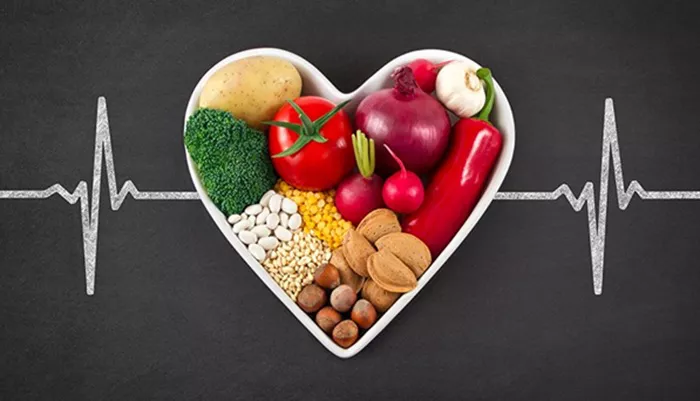A new study reveals that reducing sodium intake and following the DASH (Dietary Approaches to Stop Hypertension) diet can lower the risk of heart disease, particularly atherosclerotic cardiovascular disease (ASCVD), in adults with elevated blood pressure.
Most Americans consume over 3,400 milligrams of sodium daily, far exceeding the recommended 2,300 mg. This excess sodium, mainly from processed foods, contributes to high blood pressure, a key risk factor for heart disease and stroke.
Researchers at Beth Israel Deaconess Medical Center (BIDMC) found that both reducing sodium and following the DASH diet independently lowered ASCVD risk. The combination of both strategies showed the greatest benefit.
The DASH diet, developed by the National Institutes of Health (NIH), promotes foods rich in potassium, calcium, and fiber while limiting sodium, saturated fat, and added sugars. It includes fruits, vegetables, lean proteins, and limits red meat and sweets.
In the study, 390 adults with elevated blood pressure were randomly assigned to either the DASH diet or a typical American diet with varying sodium levels. Results showed both strategies reduced ASCVD risk, with the greatest benefit from combining them.
“Even moderate sodium reduction can be beneficial,” said lead author Hanna M. Knauss, MD. The findings emphasize the need for stronger public health initiatives to promote heart-healthy diets, especially among high-risk groups.
Related topics:


